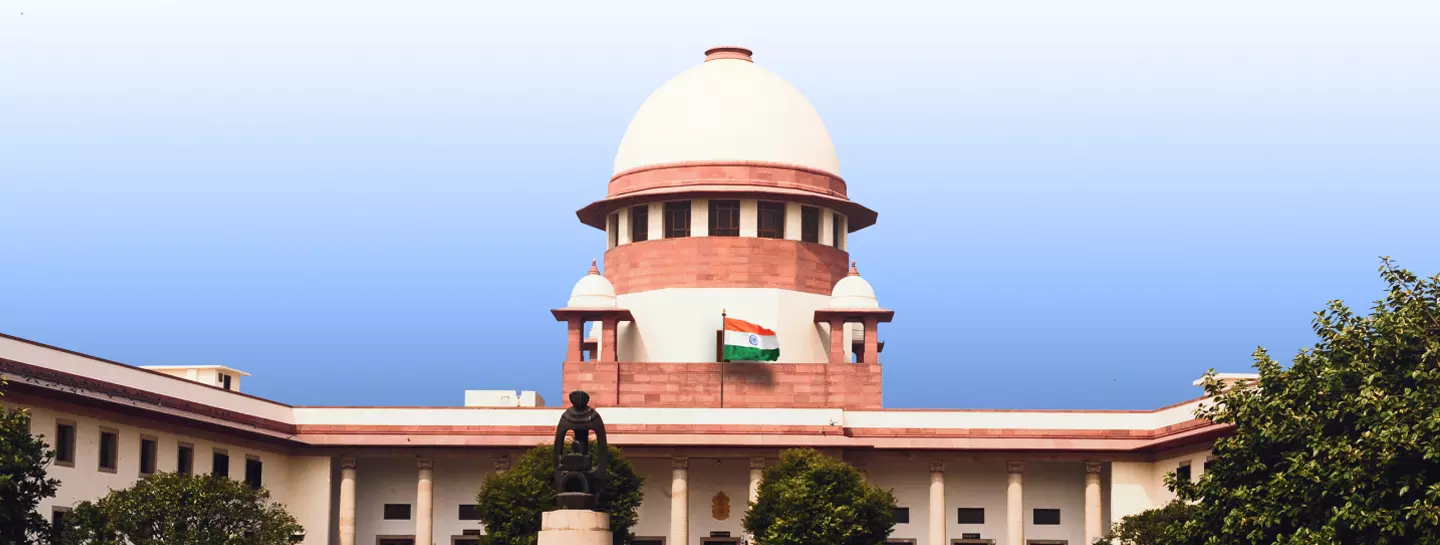DC Edit | Bail Welcome; Why Rebuke Prof?
A plain reading of the Facebook post Prof Mahmudabad wrote would convince anyone that he was attempting to expose the fakery of the right wing’s celebration of an Army officer while indulging in lynching of individual citizens and resorting to bulldozer raj

The Supreme Court granting interim bail to Ashoka University assistant professor Ali Khan Mahmudabad, arrested for expressing his opinion about Operation Sindoor, may have come as a relief for him, but the conditions and references the court has made trigger a feeling of foreboding regarding the shrinking space for free speech in the country. In contrast, the suo motu intervention of the National Human Rights Commission (NHRC) in the case directing the Haryana state police chief to submit a detailed report on his arrest is to be welcomed.
A plain reading of the Facebook post Prof Mahmudabad wrote would convince anyone that he was attempting to expose the fakery of the right wing’s celebration of an Army officer while indulging in lynching of individual citizens and resorting to bulldozer raj. What followed was, however, akin to the developments that can happen only in a banana republic: He was arrested and remanded in judicial custody for 14 days based on a petition of a statutory body. From the lower court to the highest, the judiciary failed to uphold the right to freedom of speech and expression, guaranteed under Article 19 of the Constitution.
Worse, the apex court admonished the academic for the timing of his remarks calling them “dog whistling” and an attempt to get “cheap publicity”. It has barred him from talking about Operation Sindoor, an action of the Government of India, too. This is highly regrettable. The mandates of Article 19 have no constraints of timing or subject save pertaining to those mentioned in the Constitution itself. As the NHRC rightly pointed out, the arrest and incarceration of a citizen for expressing his opinion was, prima facie, a violation of his human rights and liberty. It is bit unnerving that the ultra-nationalism whipped up by a section of the people can put a question mark on democratic rights such as life, liberty and free speech. Courts exist to protect those sacred rights, not to endanger them.

